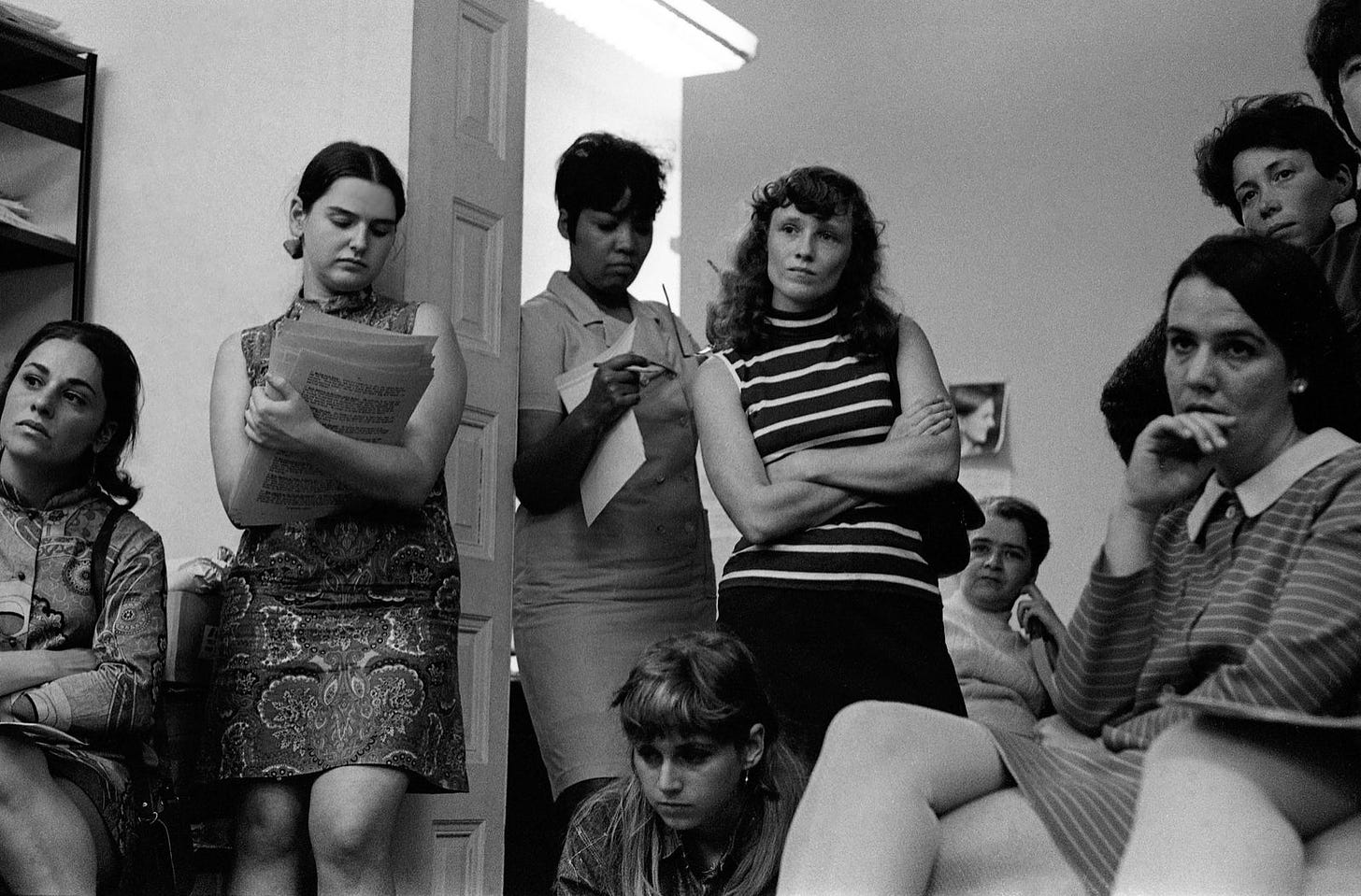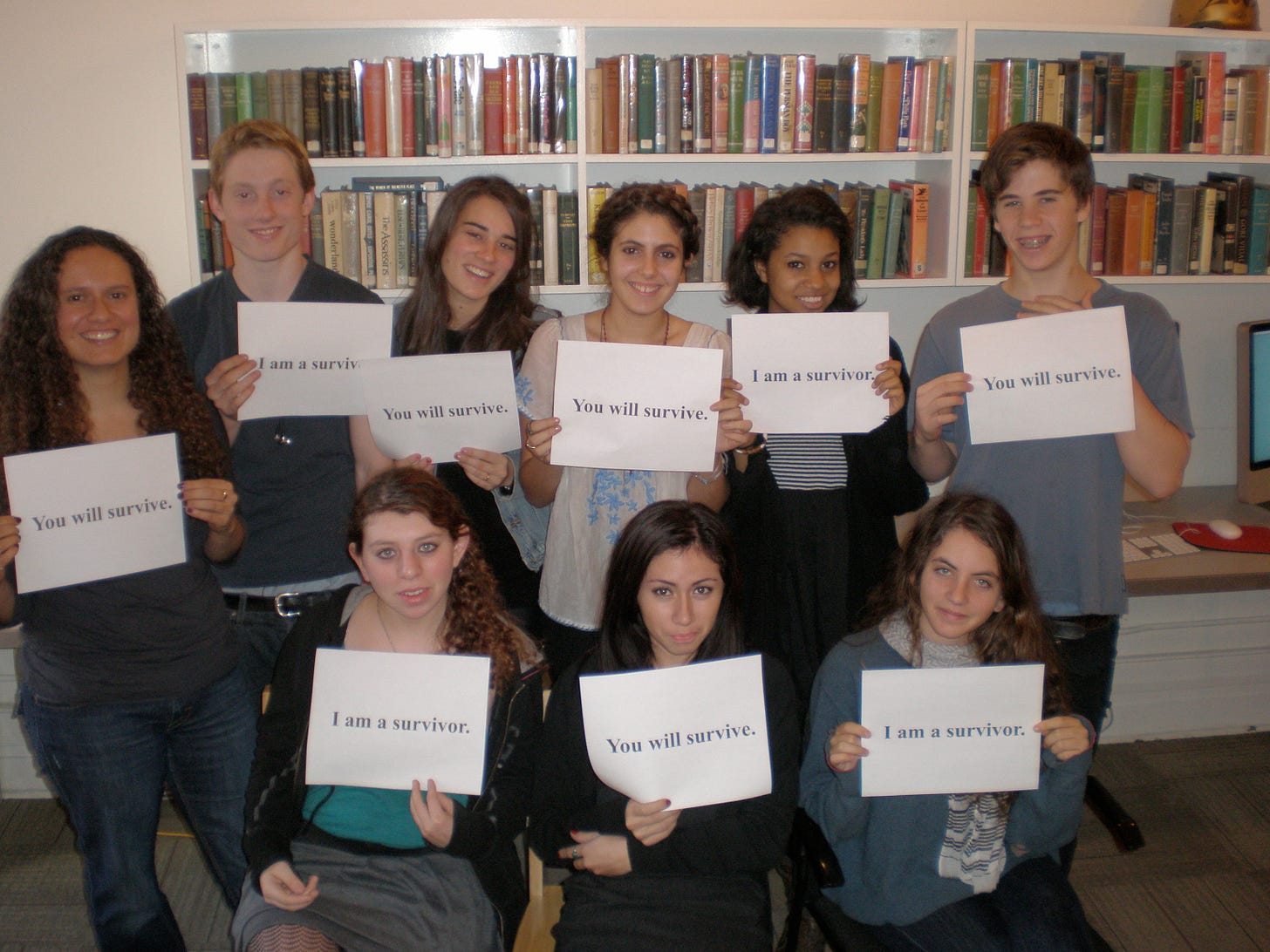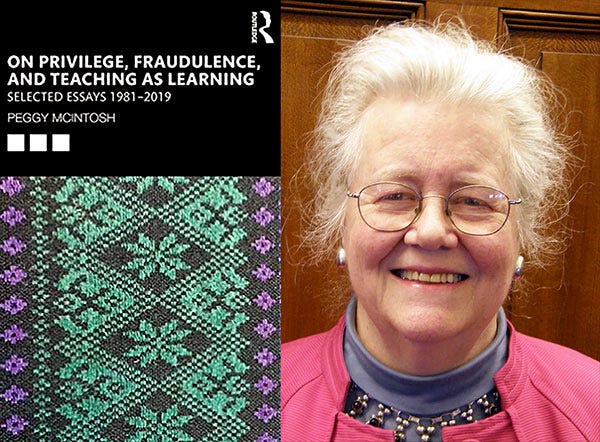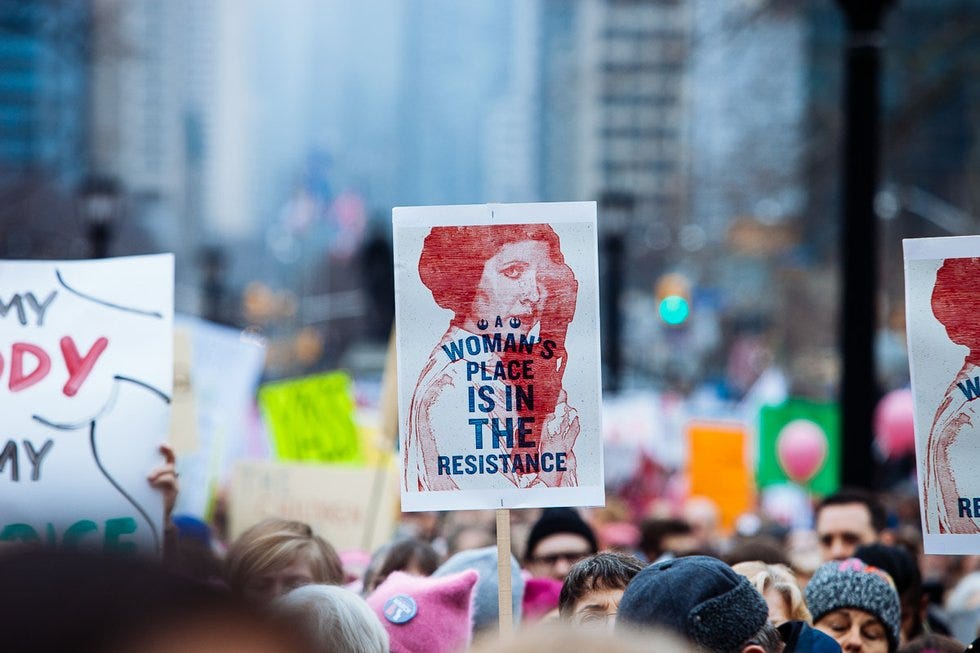In the article below Janice Fiamengo once again tackles feminist claims about male violence and female victimhood by tearing the arguments apart and providing hard evidence against their basic tenets about gender-based violence.
She despairs not only that her arguments and evidence are ignored but sympathy for men is entirely absent in feminists who claim the empathy and sensitivity naturally (they claim) inherent in the female.
My view, however, is that it is pointless to appeal to reason in feminists. The feminist head is empty of reason. Burning unconquerable man-hatred consumes feminists . Men’s task is to reach out to all men to organize to confront the hatred. Feminists with their emasculated male supporters have gained entrenched power in society’s switchpoints. Men have to take it back in the same way it was taken from them.
It is not abuse to claim feminists are empty of reason. The evidence supports the proposition. But it’s not only the hard evidence. Feminists themselves make the claim. ‘Reason’ is part of the patriarchy, they say, a device or move to keep women down. Feminist theory and praxis are formed on a completely different basis – more like a Gnostic process in which female emotion leads the way to ‘enlightenment’.
*****
International Day for the Elimination of Violence Against Men Passed without Fanfare
And the sanctioned indifference is appalling
JANICE FIAMENGO
The news headline by the CBC, Canada’s state-funded broadcaster, could hardly have been more blatant: “Ottawa had 16 homicides in 2022—and nearly half of the victims were women or girls.” In other words, more than half of the victims, as is always the case, were boys and men, a state of affairs that no one at the CBC has ever found troubling enough to lament or even notice. Only when the female homicide rate approaches gender parity in one (unusual) year is it a “collective crisis,” as the subheading alleges.
It’s not called the gender empathy gap for nothing.
[Author’s note: Perhaps I should have stopped here. What more is there to say about the extraordinary indifference of most people, men and women, to violence against men and the craven desire to deny female culpability? There’s nothing new in this essay, no new angle or stats, no rousing call to action, nothing beyond the marshalling of dreary evidence and sadly sarcastic observations unlikely to change any mind or cause any gynocentric cheek to blush. I had intended to finish it in time for the International Day for the Elimination of Violence Against Men, on November 18, but was stymied partly by a sense of helpless anger, the weight of which pressed down on every sentence. The section at the end, about the death of Benjamin Rain, was the last straw.]
Feminists have long touted their concern for victims, yet that is never in shorter supply than in their one-sided discussions of violence, in which the only deaths allowed to matter are female deaths, presented for readers’ contemplation with poignant circumstances, names, and expressions of horrified sadness, as in the above-mentioned article. Dead men remain largely anonymous, and few readers could guess from the typical reports of feminist organizations that women are ever lethally violent.
Indifference to male suffering and death are the norm all over the world, of course, but the Anglophone feminist movement has markedly increased it, fudging numbers and manipulating language to focus empathy exclusively on women and girls. The CBC article devotes significant space to discussing the risible concept of femicide, a relatively recent coinage that makes no secret of its female supremacism, purporting to highlight how women and girls are killed “simply for being women” and “primarily by […] men,” as if every woman, even one killed by accident (as we’ll see), is evidence of gender bias.
The idea that women are killed because they are women is preposterous, impossible to support with evidence, and obviously intended to solidify the impression that women outnumber men as victims of murderous violence. An organization called the Canadian Femicide Observatory for Justice and Accountability provides an elaborate taxonomy of forms of femicide to drive the idea home, deliberately blurring the lines between intimate partner homicide, a favored focus, and other killings of women, which are collectively deplored as “brazen acts of hatred.”
Even a cursory reading of the details, however, exposes the vacuousness of the terminology as well as the sleight of hand by which men’s alleged misogyny is misleadingly linked to the totality of the women’s deaths. Only two of Ottawa’s seven murdered women were killed by current or former intimate partners. One of the dead women was attacked and killed by her two adult daughters (an act called “non-intimate femicide”), while another was the victim of a stray bullet that killed her by accident and was probably intended for a man (if you can believe it, the Canadian Femicide Observatory calls this type of death “associated/connected femicide”).




